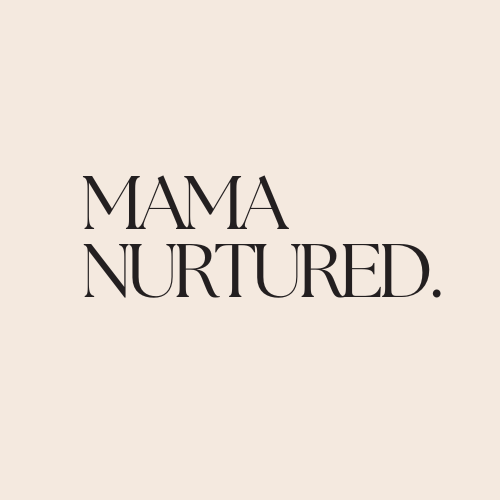My Six-Week Check and the Reality of Postnatal Care
They say laughter is the best medicine, but when it comes to the six-week postnatal check, my joke about the doctor's primary concern being contraception reveals a deeper truth. In sharing my animated explanation about my choice of contraception (or lack thereof), I uncovered the startling reality of a checkup that seemed to miss the mark on various crucial aspects of postnatal care.
I stroll into my six-week check, thinking it would be a comprehensive review of my postnatal recovery. Instead, I found myself in a conversation about contraception that overshadowed any discussion about my physical well-being, mental health, or the practical aspects of supporting my recovery.
A Lack of Physical Examination:
Surprisingly absent from the check was any meaningful examination of my physical recovery. No thorough review of how my body was healing, no guidance on what exercises or practices might aid in the process. It left me wondering, "Is my body on track, or am I left to figure this out on my own?"
Tick Boxes for Mental Health:
The checkbox approach to mental health assessment didn't escape my notice. A couple of quick questions seemed to skim the surface, barely scratching the complexities of postnatal emotions and mental well-being. The check felt more like a formality than a genuine enquiry into the rollercoaster of emotions that often accompanies new motherhood.
Nutrition and Support: Lost in Translation
As I shared my concerns about recovery, I realised there was no discussion about nutrition or practical steps to support my overall well-being. It left me feeling adrift, uncertain about what steps I could take to nurture my body and mind during this critical time.
My humorous take on the six-week check underscores a deeper issue in our approach to postnatal care. As new mothers, we deserve comprehensive support that addresses the physical, mental, and emotional facets of our journey. Let's challenge the narrative, share our stories, and strive for a postnatal care model that leaves no mother feeling let down, unsupported, or questioning the purpose of a critical milestone in our well-being.
By fostering a holistic approach, we can create a nurturing environment that supports not only physical recovery but also mental and emotional well-being. Every mother’s journey is unique, and a one-size-fits-all approach may not address individual needs adequately.
I offer a more personalised approach to postnatal care, where I take the time to understand each mother’s experience, concerns, and challenges. You deserve better than a four minute conversation on contraception.


